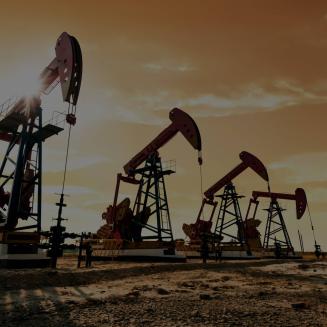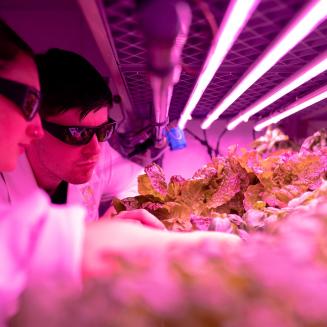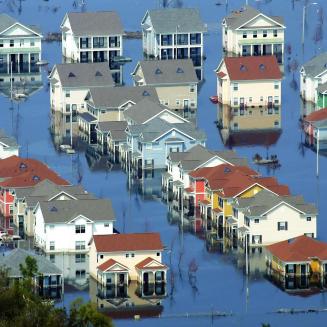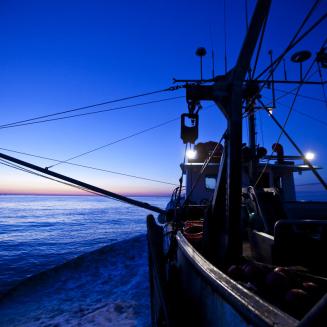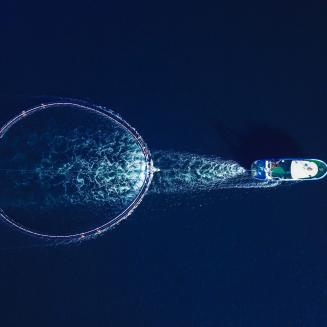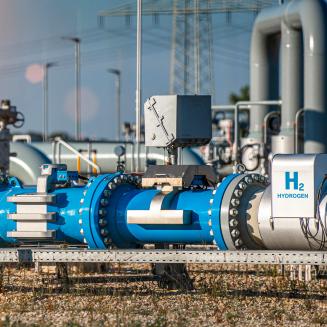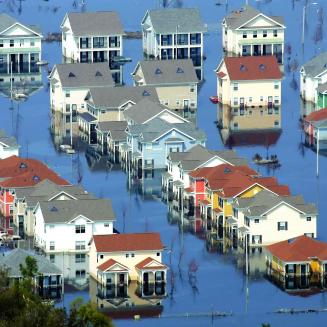Our work
Our work
Explore the work made possible by your support and activism.
New technology can catch hydrogen leaks, protect climate as industry booms
MethaneSAT: A New Era of Transparency for Methane Measurement
Plugging the Leaks: An Investor Guide to Oil and Gas Methane Risk
A multidimensional view of ag tech’s impacts
Plugging the Leaks: An Investor Guide to Oil and Gas Methane Risk
Agricultural Technology Discovery Report
ReportFuture warming from global food consumption
The Coming Fight Over Sustainable Aviation Fuels
The importance of additionality and accurate baselines for carbon credit integrity
Introducing Deep Dives—EDF’s New Platform for In-Depth Scientific & Policy Analyses on Environmental Health
Inflation Reduction Act Activation Guide: Renewable Energy Procurement
SolutionsCan insurance save us from disaster?
Unleading Baby Food: FDA needs to tighten its proposed action levels
Widespread public support, new analysis signal urgent need for strong EPA methane protections
An urgent need for strong EPA methane protectionsBlog postPrioritizing Climate Resilience in United States Fisheries
Deep inside the Amazon, Indigenous leaders are fighting for our planet's future
Deep inside the Amazon, Indigenous leaders are fighting for our planet's futureArticleExpert Q&A: What we need to know to ensure aquaculture in offshore US waters is done right
New York and New Jersey MHDV Fleet Workshop Report
ReportBuilding international collaboration in a remote world: Finding the resilience within to build resilience in crustacean fisheries
Hydrogen
Can insurance save us from climate disaster?
Can insurance save us from climate disaster?ArticleApproachFocus areaVital Signs Date PublishedFebruary 10, 2023 - 12:00Vital Signs Post AuthorShanti MenonVital Signs Post CategoriesClimate and energy, Climate change, Extreme weather, People and planet, Business and innovation, Location, United StatesVital Signs Post Short DescriptionHouseholds with Insurance recover faster from disaster, but many people don't have the coverage they need to face floods, wildfires and other extreme weather events. New insurance products can bring coverage to more people with less cost, building resilience to a changing climate.Vital Signs Post URL/story/can-insurance-save-us-climate-disasterCan insurance save us from disaster?
Extreme weather: How insurance reform can make recovery faster and fairerArticleClean Beauty Justice Roadmap
Improved assessment of baseline and additionality for forest carbon crediting
Takeaways from the Global Forum for Food and Agriculture













